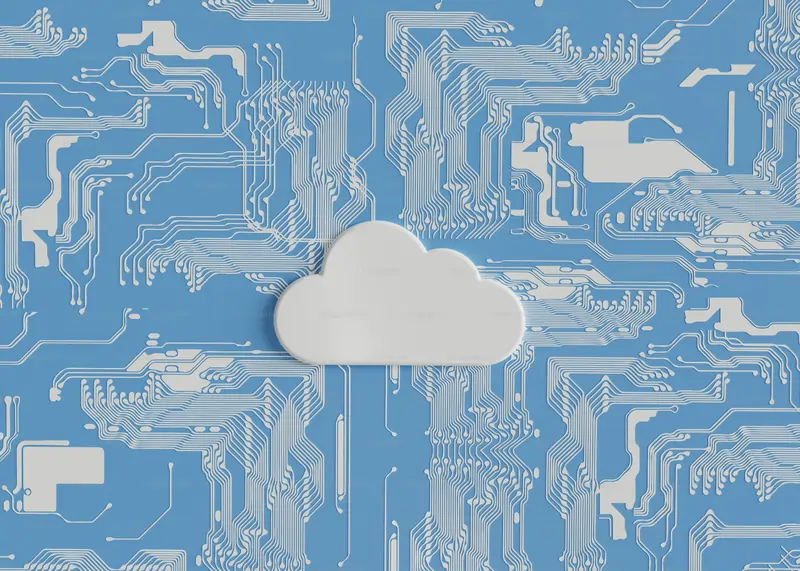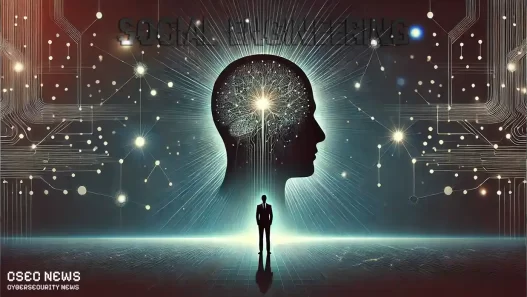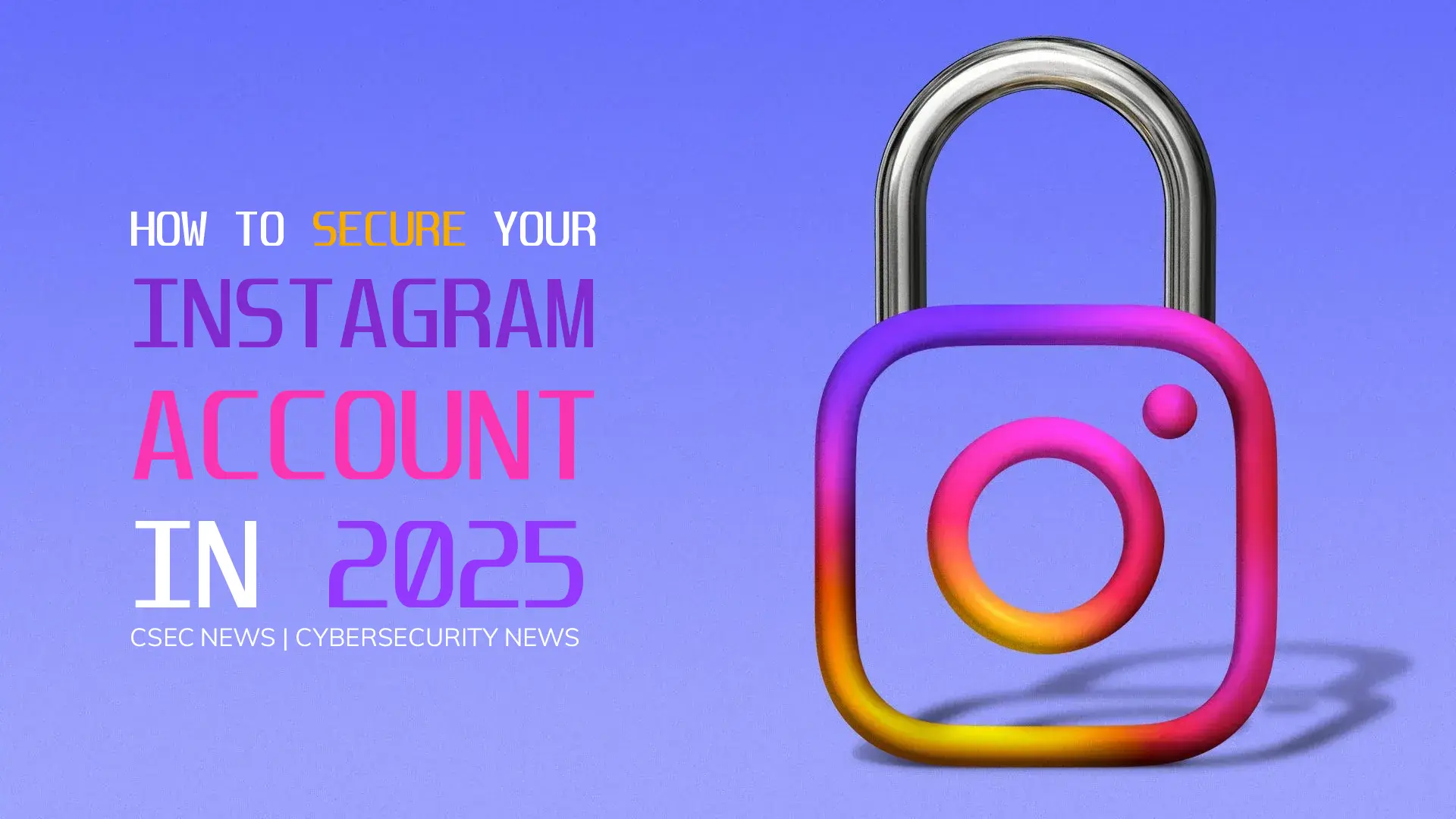The internet has become so ingrained in our lives that it’s hard to imagine a world without it. From the moment we wake up and check our phones, to the emails we send for work or the social media we scroll through in the evening, the internet touches almost every part of our daily routine. What started as a small, experimental network in the late 1960s has evolved into a global platform that connects people, businesses, and ideas.
But what is the internet really? How does it work, and what is its true impact on the world? In this article, we’ll take a journey through the internet’s history, examine its modern-day effects, and look ahead at where it’s going. Whether you’re a tech enthusiast or just someone who uses the internet every day, this article will help you understand the internet’s significance and its future.
The Origins of the Internet
The internet didn’t just appear overnight. Its origins are deeply rooted in a need for secure, reliable communication during a time of great geopolitical tension. The U.S. government, concerned about the vulnerability of centralized communications in case of a nuclear war, began a project that would lay the groundwork for what would become the modern internet.
In the late 1960s, ARPANET (Advanced Research Projects Agency Network) was born. It connected a handful of computers at research institutions and allowed them to communicate with each other. While the initial network was small, it quickly grew, connecting universities, researchers, and eventually private companies.
Key Milestones:
- 1969: ARPANET sent its first message: “LO”, an abbreviation for “LOGIN”. The system crashed after only two letters were transmitted!
- 1970s: Email was invented, making ARPANET more practical and widespread.
- 1983: The TCP/IP protocol was established, setting the foundation for how data moves across the internet.
- 1991: Tim Berners-Lee created the World Wide Web, allowing users to access content using hyperlinks—a game-changer for how we interact with online information today.
By the 1990s, the internet was ready for the public, and its expansion exploded. What started as a few universities connected by ARPANET soon turned into a vast global network.
How the Internet Works

In a world full of gadgets and online services, it’s easy to forget that behind it all is a complex system designed to move data quickly and efficiently. Let’s break it down in simple terms.
When you access the internet, your device (a computer, phone, or tablet) connects to an Internet Service Provider (ISP) using Wi-Fi, cellular data, or a wired connection. The ISP then connects your device to the broader network.
Key Components of How the Internet Works:
- Data Packets: Information is broken into smaller chunks, called packets, which travel through the network to reach their destination.
- IP Addresses: Every device connected to the internet has a unique identifier known as an IP address. Think of it like a home address for your device, helping the data know where to go.
- DNS (Domain Name System): When you type in a website’s name (like www.google.com), the DNS translates that into the numerical IP address of the website’s server.
- Protocols: Rules like TCP/IP (Transmission Control Protocol/Internet Protocol) determine how data is sent and received correctly.
It’s a lot of technical work behind the scenes, but essentially, the internet allows us to exchange data instantaneously, no matter where we are in the world.
The Internet’s Role in Modern Society
The internet has fundamentally changed how we live, work, and interact. It’s not just a tool—it’s become a part of who we are.
Communication and Social Media
The internet has revolutionized how we communicate. Social media platforms like Facebook, Twitter, Instagram, and LinkedIn allow us to stay in touch with friends, family, and colleagues around the world. Instant messaging and video calls on platforms like WhatsApp and Zoom have made long-distance communication almost as easy as talking face-to-face.
Education and Knowledge Sharing
The internet has democratized learning. With platforms like Khan Academy, Coursera, and YouTube, anyone can access lessons on virtually any subject. Educational resources are available 24/7, making learning flexible and accessible for people of all ages.
E-commerce and Online Shopping
We’ve all experienced the convenience of online shopping. From groceries to gadgets, the internet has made it possible to purchase almost anything and have it delivered to your door. E-commerce platforms like Amazon, eBay, and Etsy have transformed the global retail landscape, making shopping faster and more convenient.
Entertainment and Streaming Services
Streaming services like Netflix, Spotify, and YouTube have completely changed how we consume entertainment. Gone are the days of waiting for a scheduled TV show to air or buying physical albums. Now, we can access virtually any movie, show, or song on-demand, at the touch of a button.
Remote Work and Virtual Collaboration
The internet has also redefined the workplace. With tools like Slack, Microsoft Teams, and Zoom, people can work remotely, attend virtual meetings, and collaborate with others in real time. This shift toward remote work has allowed for more flexibility and improved work-life balance for many employees.
Healthcare and Telemedicine
Telemedicine is a growing field that allows patients to consult doctors virtually, saving time and making healthcare more accessible. The internet plays a crucial role in making remote consultations, health tracking, and access to medical records possible.
The Internet’s Economic Impact
The internet has not only revolutionized how we live but also transformed the global economy. It has created millions of jobs, opened up new markets, and driven innovation across various sectors.
Digital Marketing and Advertising
Today, most businesses rely heavily on online advertising. Social media ads, Google search ads, and display banners on websites allow companies to target their ideal customers more effectively than ever before. This has led to the rise of the digital marketing industry, which is now worth billions of dollars.
The Gig Economy
The internet has fostered the rise of the gig economy. Platforms like Uber, Airbnb, Upwork, and Fiverr enable people to offer their services on a flexible basis, whether it’s driving, renting a room, or offering freelance work. This has given millions of people the freedom to earn an income in new ways.
Empowering Small Businesses
For small businesses, the internet has been a game-changer. With the ability to set up an online store on platforms like Shopify or Etsy, small businesses can now reach customers all over the world, without needing to invest in a physical storefront.
Security Challenges of the Internet
While the internet offers incredible benefits, it also comes with risks. As we spend more time online and store more personal information, cyber threats become more prevalent.
Cybersecurity Threats
Cyberattacks such as hacking, phishing, and malware are major concerns. Cybercriminals exploit vulnerabilities in systems to steal personal data, disrupt services, or demand ransom. Protecting data and online privacy has become more important than ever.
Privacy Concerns
The amount of personal data we share online raises concerns about privacy. Social media platforms, search engines, and even online shopping sites collect vast amounts of information about us, which can be exploited without proper safeguards. This has led to an increased focus on data protection laws like GDPR in Europe and CCPA in California.
Fake News and Misinformation
The internet has made it easier for information to spread, but not all of it is accurate. Fake news and misinformation can go viral on social media, influencing public opinion and even elections. It’s becoming increasingly important to verify the information we encounter online.
Emerging Trends in the Internet’s Evolution
As we look ahead, several emerging trends are set to transform the internet and how we use it.
Internet of Things (IoT)
The Internet of Things (IoT) is making everyday objects smarter. From smart home devices like thermostats and refrigerators to connected vehicles, IoT enables devices to collect and exchange data. This can improve efficiency, convenience, and energy use.
5G Technology
5G promises to deliver faster speeds, lower latency, and greater connectivity. This will support more data-intensive applications, including real-time gaming, autonomous vehicles, and remote surgeries.
Artificial Intelligence and Machine Learning
AI and machine learning are becoming integral to many internet services. They help improve search results, make recommendations, and even detect cybersecurity threats. As these technologies advance, we’ll see even more personalization and automation online.
Decentralized Web (Web 3.0)
Web 3.0 aims to decentralize control of the internet, giving individuals more power over their data. Blockchain technology, which underpins cryptocurrencies like Bitcoin, will play a key role in this vision of the internet.
Quantum Computing
Quantum computing is still in its infancy, but it holds the potential to revolutionize the internet. By processing data in ways that classical computers cannot, quantum computers could vastly improve encryption, data analysis, and more.
The Social Impact of the Internet
The internet doesn’t just affect technology and business—it impacts society in profound ways.
Social Media’s Influence
Social media has transformed how we communicate, build communities, and even participate in political movements. While it can foster connection, it also raises concerns about privacy, mental health, and misinformation.
Empowering Individuals
The internet allows people to learn new skills, pursue passions, and even start their own businesses. Online resources and communities give people the tools
they need to empower themselves and make their voices heard.
Bridging the Digital Divide
One of the challenges of the internet’s growth is ensuring equitable access. In many parts of the world, people still don’t have reliable internet access, which can limit their opportunities for education, employment, and health services. Expanding internet access globally is crucial to closing the digital divide.
Conclusion
The internet has come a long way since its humble beginnings as a military communication tool. Today, it is a vast, ever-expanding digital landscape that impacts every aspect of our lives. From communication and entertainment to business and healthcare, the internet has revolutionized how we work, play, and interact.
As we look to the future, the internet will continue to evolve, driven by advancements in technology and society’s needs. It’s up to us to embrace its potential while safeguarding against its risks, ensuring that it remains a force for good in our increasingly connected world.
The internet isn’t just a tool—it’s a way of life. And its journey is just beginning.
By embracing the internet’s potential and addressing its challenges, we can help shape a digital future that benefits everyone.


















